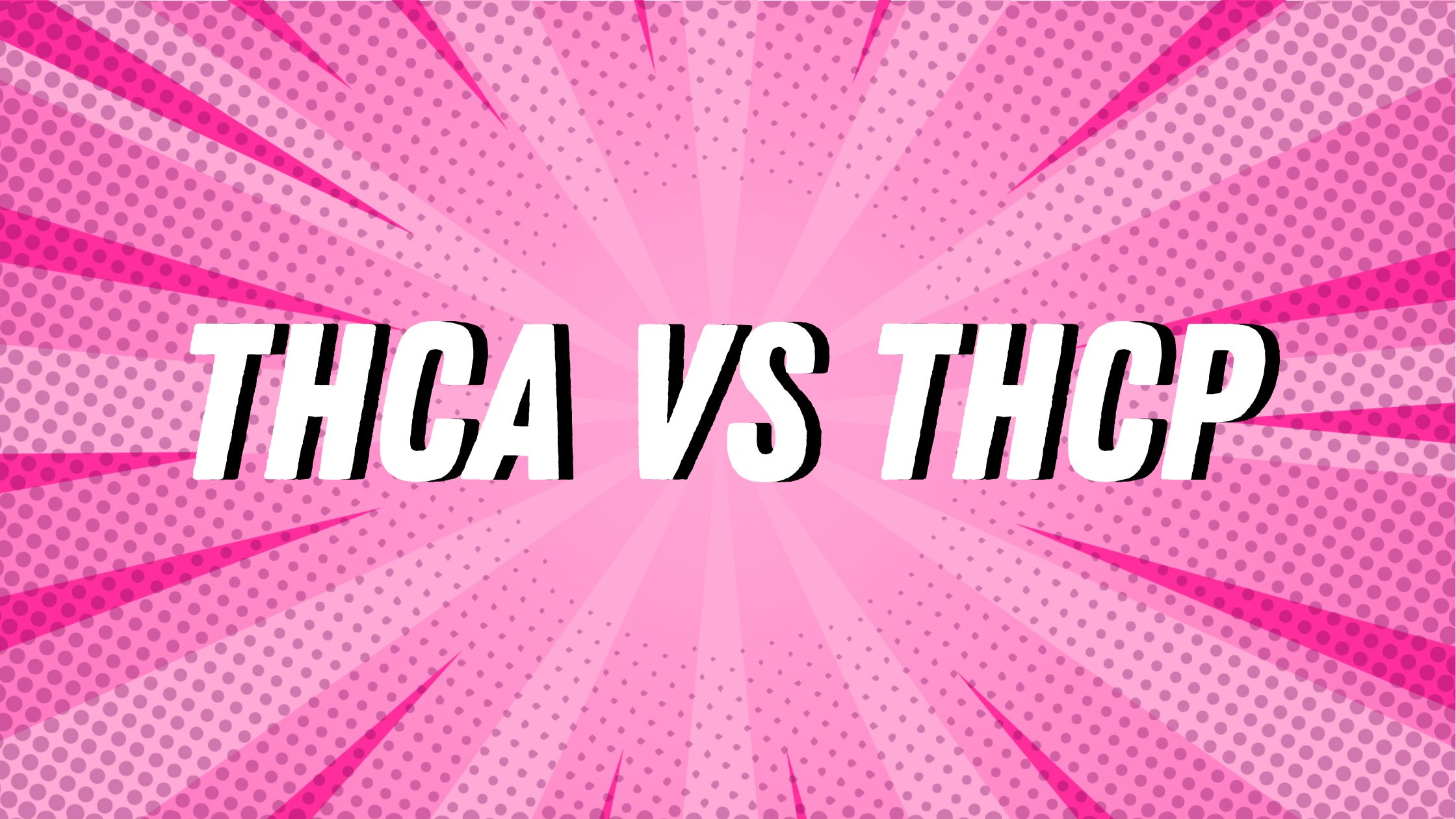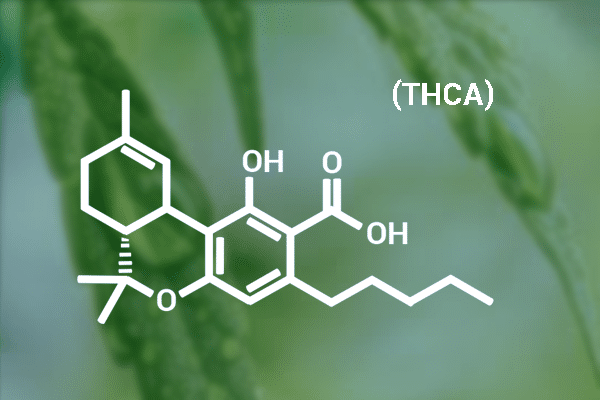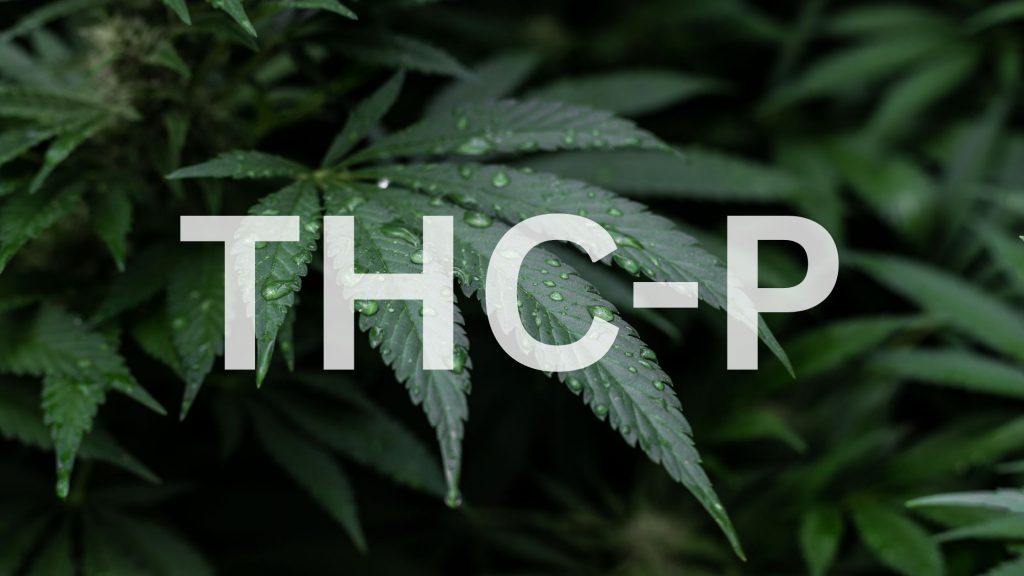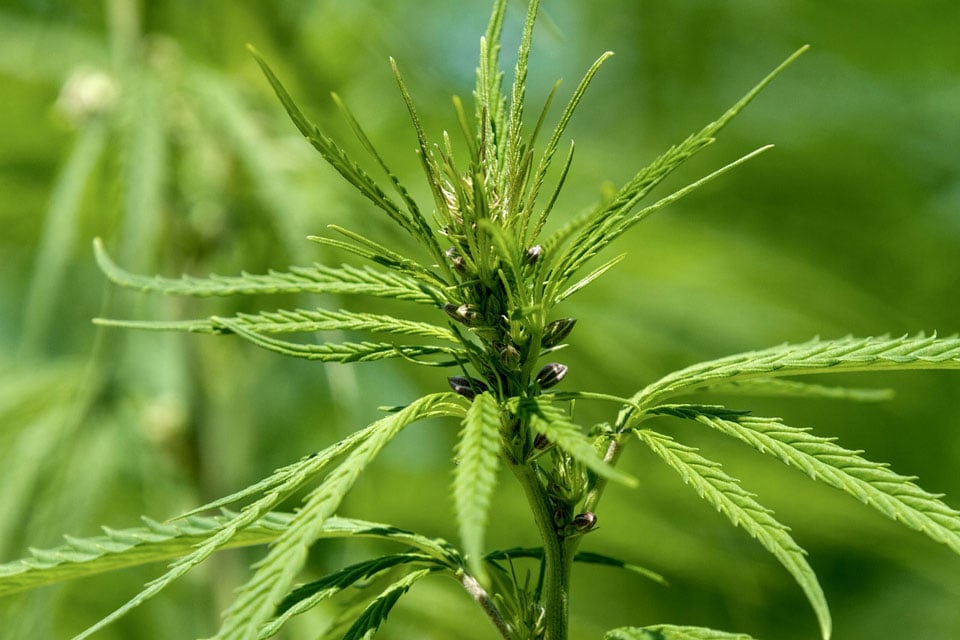THCP Vs. THCA: Exploring The Difference Between These Cannabinoids

Table of Contents
Cannabis, a versatile plant known for its various therapeutic and recreational benefits, contains a plethora of compounds called cannabinoids. Among these cannabinoids, THC-A and THC-P play significant roles in the plant's chemical makeup and effects on the human body. Let's delve into the differences between THCP and THCA, two essential cannabinoids found in hemp plants, and explore how they can benefit you.
Understanding THC-A

THC-A, also known as tetrahydrocannabinolic acid, is the precursor to the well-known psychoactive cannabinoid THC, or tetrahydrocannabinol. In its raw form, THC-A does not produce the intoxicating effects commonly associated with cannabis consumption. Instead, THC-A offers a range of potential health benefits without causing a "high."
Benefits of THC-A
- Anti-inflammatory properties: THC-A has shown promise in reducing inflammation, making it a potential treatment for arthritis and chronic pain.
- Neuroprotective effects: Research suggests that THC-A may help protect brain cells from damage, potentially offering neuroprotective benefits for conditions like Alzheimer's disease.
- Anti-nausea and vomiting: THC-A has demonstrated anti-nausea and antiemetic properties, making it a possible treatment for individuals undergoing chemotherapy or struggling with gastrointestinal issues.
Understanding THCP

THCP, or tetrahydrocannabiphorol, is a lesser-known cannabinoid that has garnered attention for its potent psychoactive effects. Unlike THC-A, which is a precursor to THC, THCP is a standalone cannabinoid with unique properties. THCP is believed to be significantly more potent than THC, potentially offering a more intense high.
Benefits of THCP
- Potent psychoactive effects: THCP is known for its potent psychoactive properties, making it appealing to individuals seeking a more intense high.
- Potential therapeutic benefits: While research on THCP is still limited, some studies suggest that this cannabinoid may have therapeutic potentials similar to THC, such as pain relief and anti-inflammatory effects.
Differences Between THC-P and THC-A

When comparing THC-P and THC-A, the most notable difference lies in their psychoactive potency. While THC-P is a potent psychoactive cannabinoid capable of inducing a high, THC-A remains non-psychoactive in its natural form. The distinction between the two cannabinoids reflects their chemical structures and interactions with the endocannabinoid system.
THC-A requires decarboxylation, a process in which heat is applied to convert it into THC to activate its psychoactive effects. On the other hand, THCP does not require any additional processing to elicit its potent psychoactive properties, making it a standout cannabinoid in terms of potency.
In terms of therapeutic benefits, both THC-A and THC-P have shown potential health advantages, albeit in different ways. While THC-A offers anti-inflammatory, neuroprotective, and anti-nausea properties without inducing a high, THCP's potent psychoactive effects may be appealing to individuals seeking intense symptom relief or recreational experiences.
It's essential to note that the effects of cannabinoids can vary depending on individual tolerance, dosage, and consumption method. As research continues to uncover the potential benefits and risks associated with cannabinoids like THC-A and THCP, consumers are encouraged to seek guidance from healthcare professionals and consume cannabis products responsibly.
Where To Find The Best Cannabinoid Products?
Explore the top destination for all your cannabinoid product needs at Mellow Fellow. Our team consists of experienced Ph.D. chemists, innovative pharmacists, and dedicated cannapreneurs who are committed to providing safe and reliable cannabis products. With strong backgrounds in pharmaceuticals, chemistry, and cannabis, Mellow Fellow offers the most trustworthy options on the market.
We emphasize ethical lab practices, consumer health, and cutting-edge formulas. Known for our exceptional Delta 8 oil, Mellow Fellow stands out due to our unwavering dedication to quality. Discover our exclusive blends meticulously crafted for safety, joy, and relaxation, with customer satisfaction as our top priority. Take a 20% discount on your first purchase with code LIVELIVE. Rely on Mellow Fellow for all your cannabinoid needs.
THCA Vs THCP - Conclusion
THCP and THC-A are two distinct cannabinoids found in hemp plants, each with its own set of properties and potential benefits. While THC-A serves as the precursor to THC and offers therapeutic effects without psychoactive properties, THCP stands out for its potent psychoactive effects and potential therapeutic applications.
By understanding the differences between THC-P and THC-A, individuals can make informed choices when using cannabis products for medicinal or recreational purposes. Whether you're seeking relief from chronic pain, inflammation, or other health conditions or simply looking to unwind and relax, knowing the unique characteristics of these cannabinoids can help you find the right product for your needs.
Disclaimer: The information provided in this article is meant for informational purposes only and should not be construed as medical advice. The use of cannabis and cannabinoids for therapeutic or recreational purposes should be approached with caution and under the guidance of a healthcare professional. Individual responses to cannabinoids may vary; potential side effects or interactions with other medications should be considered. It is essential to research and understand the laws and regulations regarding cannabis use in your jurisdiction. Always consult with a healthcare provider before beginning any new treatment regimen involving cannabinoids or making changes to your current healthcare routine.
